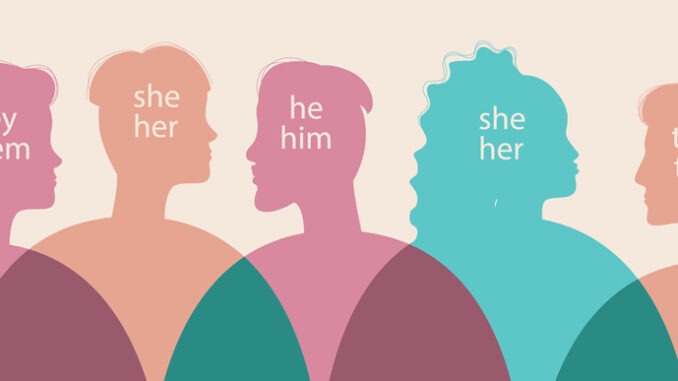The Department for Education (DfE) has recently released extensive guidance for teachers, focusing on supporting pupils in navigating questions about their gender within school settings. This comprehensive guidance covers various aspects, including requests for ‘social transition’ involving changes to pronouns, names, and uniforms
CREDIT: This is an edited version of an article that originally appeared on DfE
This guidance has been developed with the expert clinical view and interim conclusions from the Cass Review in mind. That review set out that social transition is not a neutral act, and that better information is needed about the outcomes for children who undertake degrees of social transition. It also set out that it could have significant psychological effects on a young person.
In recognition of this, proper use of this guidance means social transition, in practice, should be extremely rare when the appropriate safeguards are put in place and the child’s best interest is taken into account.
Importantly, the guidance places beyond doubt the fundamental principle that parents should be involved in decisions about their children’s lives and that significant decisions affecting a child’s future should not be taken without parents being involved.
Regarding single-sex spaces and sports, the government sets out the principle that biological sex is fundamentally important when it comes to protecting safety and ensuring fairness in competitive sports.
Requests for social transition
The draft guidance clarifies that schools and colleges do not have to, and should not, accept all requests for social transition. Where a school considers a request, they should take a very cautious approach, including watchful waiting periods, and ensuring parents are fully consulted before any decision is taken.
From the outset, schools and colleges should also consider the context and seriousness of the request including whether social influence is involved.
In exceptional cases where a request to social transition is agreed, children, teachers or staff at a school should not be required to adopt the use of preferred pronouns and there must be no sanction, verbal or otherwise. Where a teacher or child does not adopt the new pronouns, they should use the child’s preferred name. Schools should ensure that bullying is never tolerated.
Single-sex spaces, admissions and sports
Where safety is a consideration – for example in physical sport or single-sex spaces – the guidance is categoric that it must never be compromised by allowing a child of the opposite sex to participate in those activities or use those facilities. Schools should also make sure competitive sports is fair, which will almost always mean separate sports for boys and girls, especially in older cohorts.
The guidance also reaffirms that single-sex schools can refuse to admit pupils of the opposite sex, regardless of whether they are questioning their gender.
In navigating the landscape of gender support in schools, the recently unveiled guidance emphasises clarity, parental involvement, and a cautious approach to ensure the well-being and fair treatment of all students.





Be the first to comment